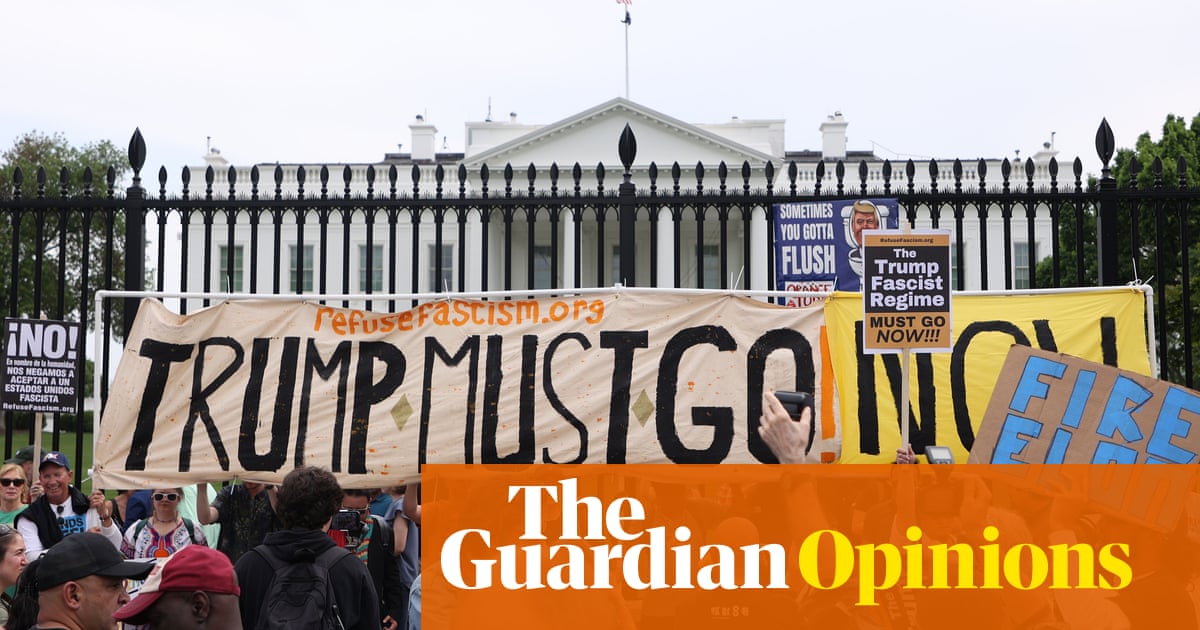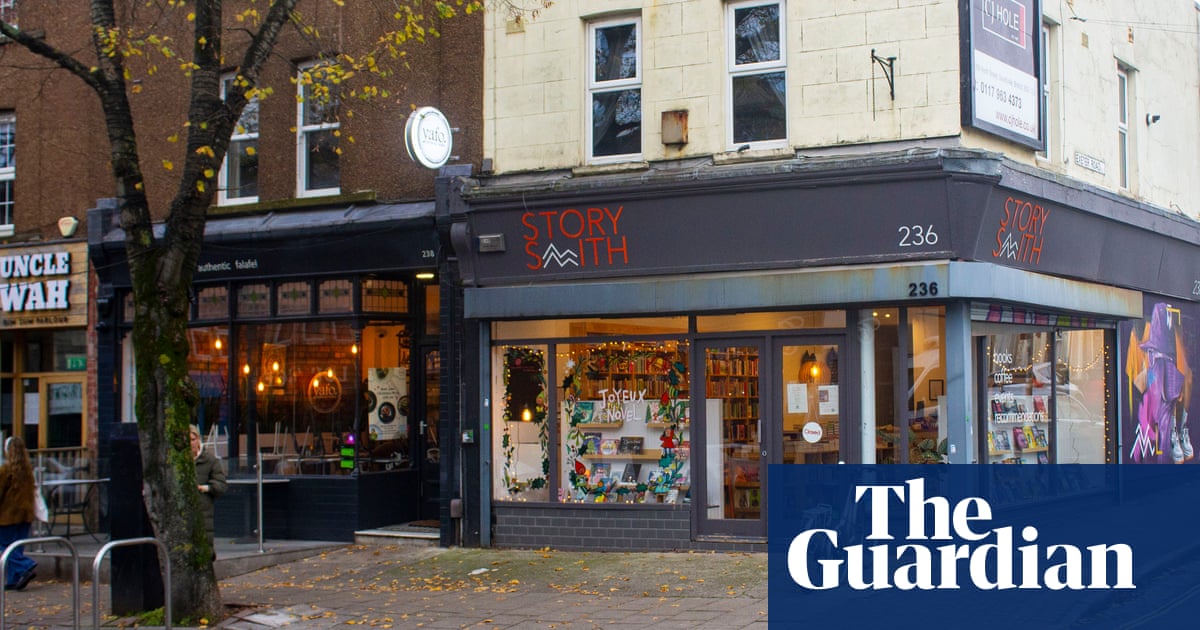Another day, another pledge from the government to smash the people-smuggling gangs. The foreign secretary, David Lammy, has lined up alongside the home secretary, Yvette Cooper, to promise stronger measures to get rid of those who continue to bring desperate people across the Channel in flimsy dinghies. Lammy’s latest policy is a new sanctions regime against the smugglers, the first of its kind in the world. A week ago, Cooper announced phone bans, social media blocks and travel restrictions in new interim orders to stop smugglers in their tracks.
The sincerity of ministers’ commitment to smash the gangs is not in doubt. There has been a flurry of similar announcements since Labour came to power, and the government is going about its mission with a zeal bordering on the evangelical. The previous government made the same commitment with a slightly different slogan – “stop the boats”. Now, like then, it is doubtful the policy will work.
People smugglers are fluid, nimble and embedded in hundreds of communities across the world. If one smuggler or consignment of dinghies is removed from the supply chain, others pop up and seamlessly fill the gap. The smuggling trade across the Channel is decentralised and, for those engaged in it, profitable – so the new enforcement actions will probably only make a difference at the margins.
Despite regular smuggler prosecutions and dinghy seizures last year, Channel crossings were the second highest on record in 2024, up by a quarter on the 2023 figures. Some 1,776 people in 38 boats made the crossing during the last days of December alone. The only thing mightier than the smugglers is perhaps adverse weather conditions. As of 8 January, just 61 people had crosssed, in one boat. This apparent reduction is more likely due to the freezing and windy weather conditions than to the latest government enforcement measures.
While the government regularly talks about the steps they’re taking to “smash” the smugglers, they have repeatedly refused to answer questions about what asylum seekers fleeing conflict zones are supposed to do instead to reach safety. Home Office sources have confirmed that there are no current plans to set up new safe and legal routes for asylum seekers. I have repeatedly asked officials if they think refugees should a) stay at home in war zones rather than coming here and causing political problems for ministers or b) claim asylum elsewhere.
The second option is unlikely to go down well with our European neighbours, many of whom already process more asylum claims per head of population than we do. According to the latest annual government data for the year ending June 2024, the UK had the 19th largest intake of asylum seekers per head of population in Europe, taking in just 8% of the European total (in actual numbers, the UK was fifth largest in Europe, taking in 97,107 asylum seekers compared with Germany’s 319,710). In 2023, the government paid £500m of taxpayers’ money to France as part of its efforts to curb the crossings. There is little evidence this has worked: 2024 was the deadliest year on record for Channel crossings, according to the Refugee Council, which linked the high number of deaths to increasingly harsh government policies at the French border.
If asylum seekers aren’t going to pay people smugglers to cross the Channel and the government doesn’t create safe and legal routes, what are they supposed to do? Lammy, like Cooper, has failed to engage directly with the question. In a piece he wrote recently for this newspaper, the foreign secretary said there was “nothing progressive about leaving the most vulnerable exploited”. Few would disagree with that. But this complex and challenging issue is a coin with two sides. It is as if the government has glued one side down to prevent us from scrutinising it, promoting only the shiny upper side, which says “smugglers are bad people and we are throwing everything we can at them to destroy them”.
If the government is serious about ending these dangerous crossings, the rising death toll and the vast (informal) network of people smugglers operating in the back rooms of informal money exchange and travel agencies across Europe, the Middle East, Asia, Africa and South America, ministers need to start being honest and looking at the issue holistically. Whether they like it or not, people whose lives are in danger are going to flee, whether it’s the richest on the planet escaping the horrific fires in California or the poorest crossing deserts to flee the conflict in Sudan.
The government is right to address the issue of people smugglers, a ruthless group of human beings who are making vast profits out of human desperation. But when Lammy says that he is deploying “progressive realism” he is being disingenuous, and pretending the coin has only one side. As a first step, the government must answer the question about what asylum seekers should do as an alternative to paying smugglers. Until then, their expensive policies and pledges will be doomed to failure.
-
Diane Taylor writes on human rights, racism and civil liberties
-
Do you have an opinion on the issues raised in this article? If you would like to submit a response of up to 300 words by email to be considered for publication in our letters section, please click here.

.png) 3 months ago
56
3 months ago
56













































